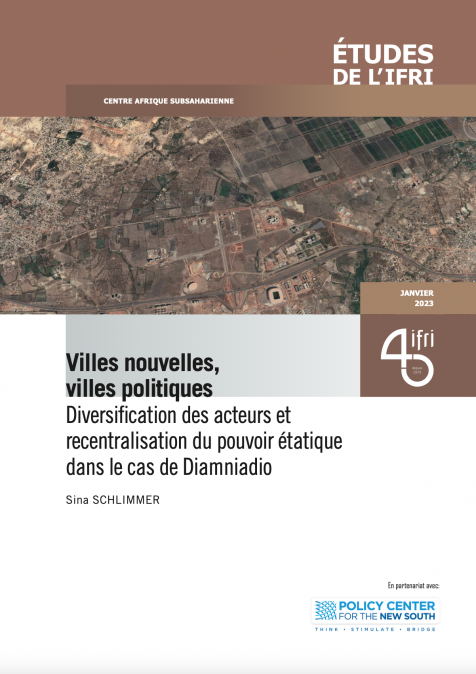James G. McGann, Senior Lecturer and Director Think Tanks and Civil Societies Program, Lauder Institute, University of Pennsylvania
Speakers

James G. McGann
Senior Lecturer and Director Think Tanks and Civil Societies Program, Lauder Institute, University of Pennsylvania
James G. McGann, Ph.D., is an FPRI (Foreign Policy Reseach Institut) Senior Fellow and Director of its Think Tanks and Foreign Policy Program. He isalso a senior lecturer in International Studiesat the Lauder Institute, director of the Think Tanks and Civil Societies Program (TTCSP) and senior fellow, Fels Institute of Governmentat the University of Pennsylvania. He conductsresearch on the trends and challenges facingthink tanks and policymakersaround the world and providesadvice and technical assistance to think tanks, governments and public and privatedonors on how to improve the quality and impact of policyresearch. Prior to coming to the Lauder Institute Dr. McGannwas assistant director of the International Relations Program, University of Pennsylvania. Hiscurrentresearchi ...






